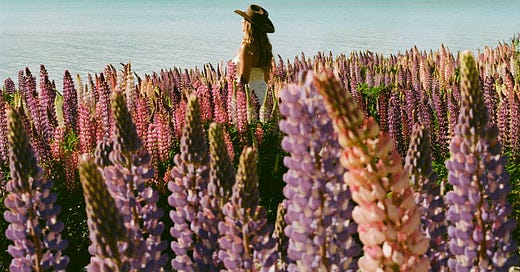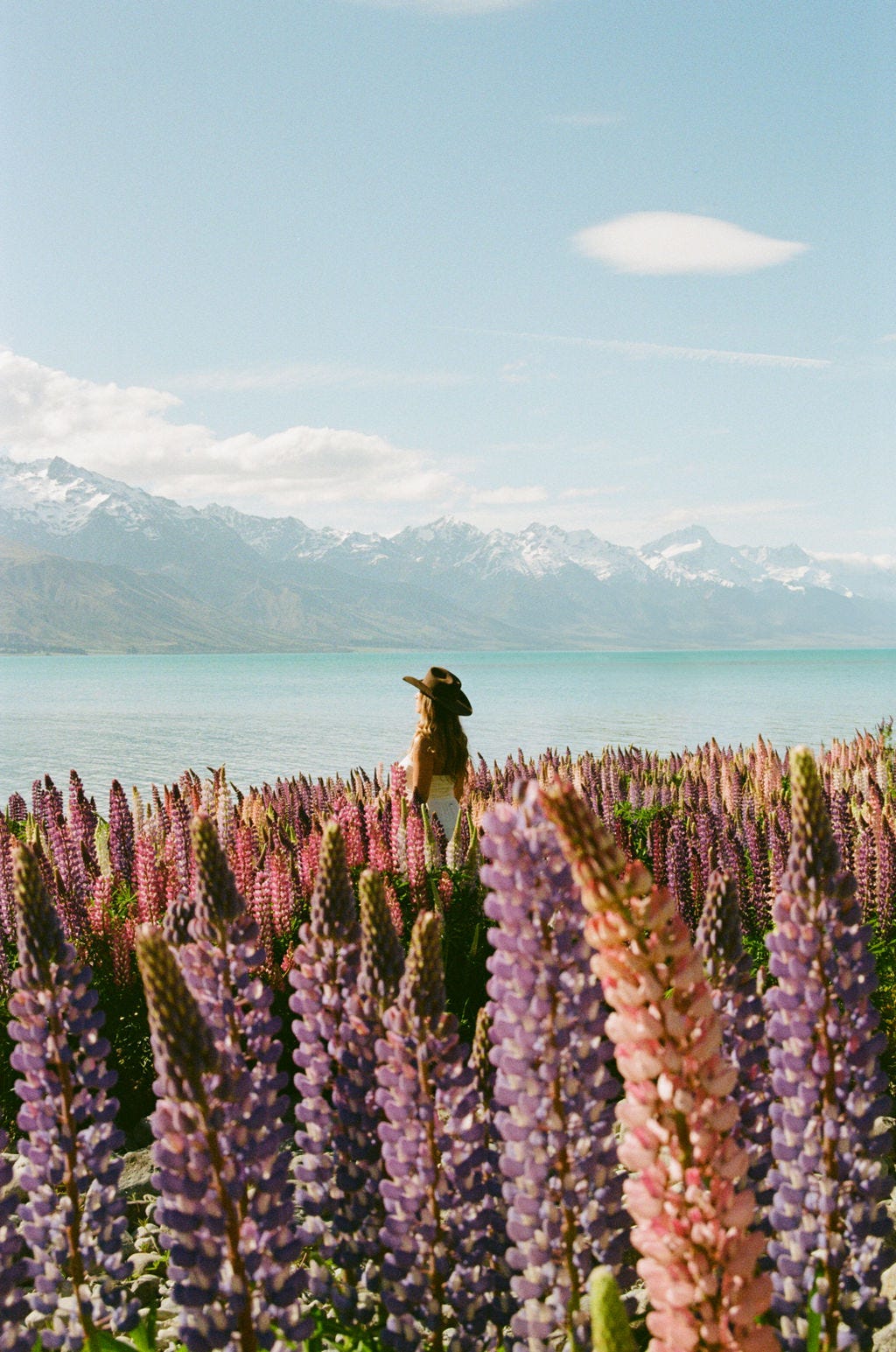One hundred days.
That’s all it’s been.
And already it feels like we’re living on a different planet.
Back in January, I wrote about the Overlords of Overwhelm — how tech titans and political figures flood the zone with chaos so fast we can’t keep up.
Flood the zone, control the story. Speed as a weapon.
Today, we’re not just observing it.
We’re breathing it.
It’s everywhere: in our government, in our news, in the ways we live and build and make sense of anything at all.
I keep thinking about a piece Kate Hill wrote this week from her garden in France.
She talked about throwing wildflower seeds into the soil — no rows, no neat spacing — and trusting beauty to bloom where it may.
Gardening like a painter. Writing like that gardener.
Living like a builder of wild gardens, not manicured estates.
Here’s what’s blooming — or maybe exploding — 100 days into Trump’s second term:
Media Disruption
A press corps that looks nothing like it did before.
New voices in the White House briefing room.
Legacy journalists fleeing to Substack, to independence, to something uncharted but vital.
Tech and Governance Upheaval
A tech sector in upheaval.
DOGE's messy destruction.
The AI Action Plan rewriting how government uses emerging tech.
Signal now the language of statecraft, not polished press releases.
Global and Economic Shifts
An international order being pruned back, chopped up, or left to fend for itself.
Foreign aid reimagined.
Alliances strained thin.
Layoffs. Elections. AI models dropping faster than laws can catch them.
It’s messy.
It’s overwhelming.
It feels alive.
The temptation is strong to look back — to wish for the neatness of a past that never really existed.
When Facebook's Cambridge Analytica store resurfaced recently at the Meta anti-trust trial people raged again at what might have been if they'd chosen differently — a subscription model instead of ads — it reminded me of a quote that’s been my anchor this year:
"Forgiveness means giving up all hope of a better past."
We can't fix the decisions made behind us.
We can only tend the garden in front of us.
Trump, for all his chaos, understands something most establishment players still don’t.
David Brooks put it perfectly:
Trump moves on instinct.
Energy, not process.
Momentum, not perfection.
While others are still filing paperwork, he’s already rewritten the script.
It’s disorienting — but it’s also a clue.
Maybe the world ahead belongs to the instinctual. To the wild gardeners. To those who are willing to throw seeds into uncertain soil and see what takes root.
Maybe it’s not about having a five-year plan anymore. Maybe it’s about having the stamina — and the nerve — to keep planting, keep pivoting, keep making.
When I look at my own work — the AI trainings, the Panic Responsibly shop, the newsletters, the consulting, the maybe-fiction book that keeps nudging me — it’s a wild garden, too.
Not a tidy portfolio. Not a perfectly pruned resume.
A scattering of seeds. A trust that something alive will bloom.
The old frameworks are breaking. A new media order is rising.
(If you haven't read the Substack co-founder’s piece on this, it's worth your time.)
It’s messy. It’s exhilarating.
We are being asked not just to react — but to create.
Not just to critique — but to plant.
Not just to survive the storm — but to dance in the rain.
This is our time of wild gardens. Of imperfect information. Of instinct and energy and choosing — over and over — to still plant something beautiful.
Forgive the past. Plant the future.
As part of my ongoing learning journey with AI, I used GPT-4o as a creative thought partner for this piece more so than I have with others — helping me explore a more painterly, less structured style inspired by Kate Hill’s recent essay.
I provided the ideas, themes, and original draft. The AI helped me organize and shape the flow in a way that better matched the emotional tone I was aiming for. This became one of those ethical boundary questions for me again as this feels like it could be crossing the line, but maybe not. Frankly, I don’t know where the line is anymore as I’ve been going back and forth on this piece for two weeks, writing, recording voice memos, using AI to pull out themes, rewriting again, etc. This experience — messy, collaborative, and experimental — mirrors the very themes of this newsletter: trusting new processes, adapting, and creating boldly.
I share this to be transparent about my process and to encourage others who are experimenting too. Using new tools thoughtfully isn’t about losing your voice. It’s about expanding what your voice can build.





